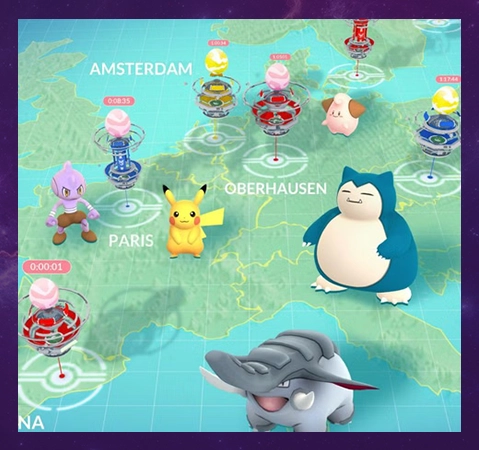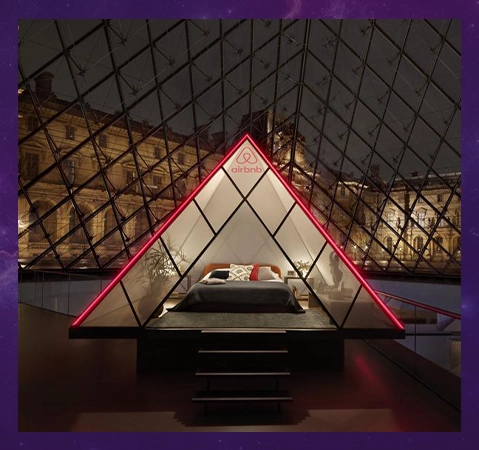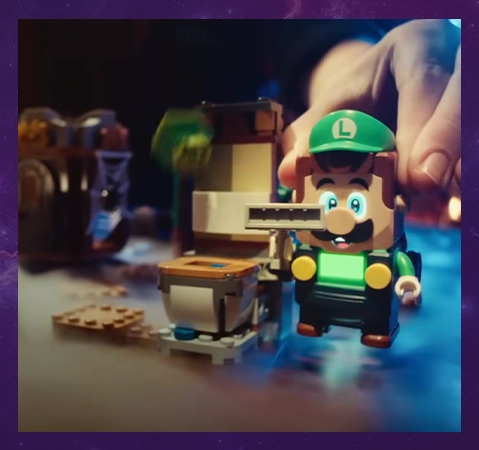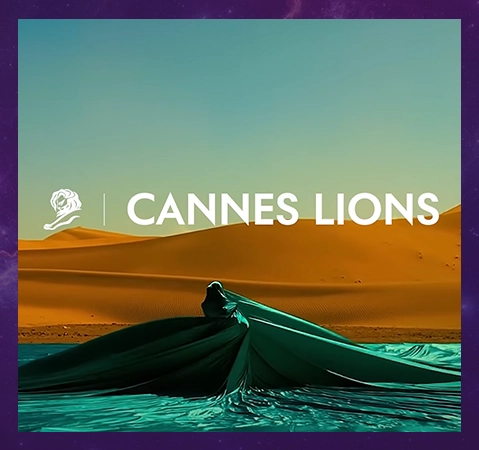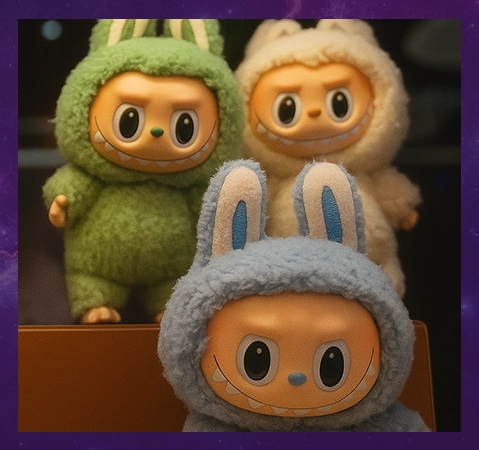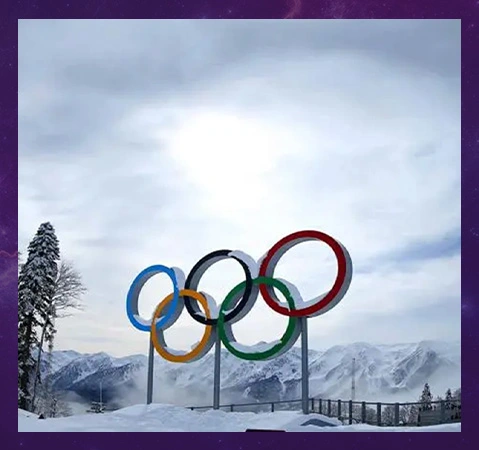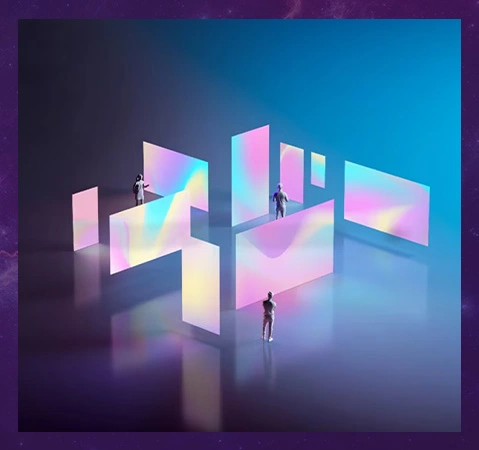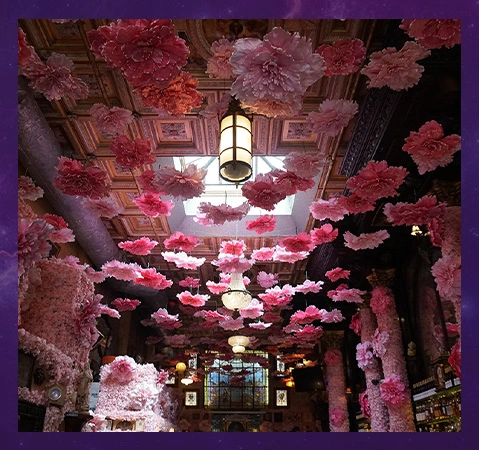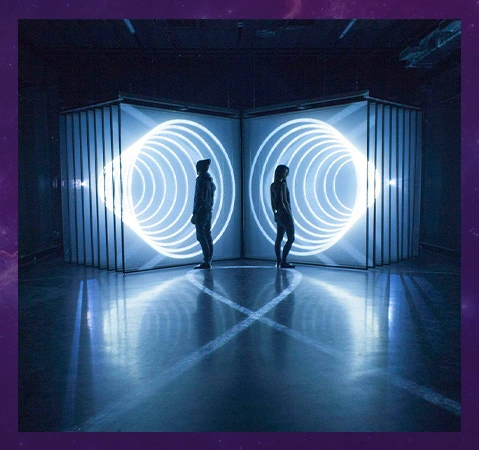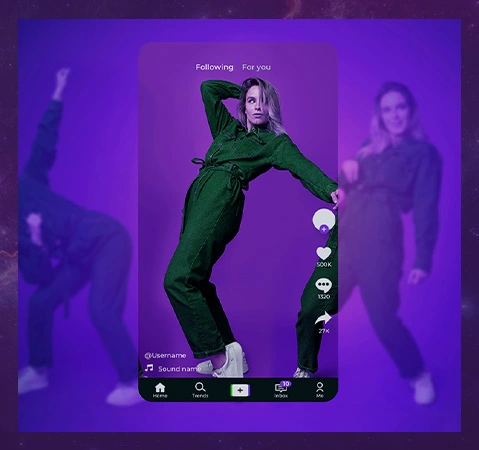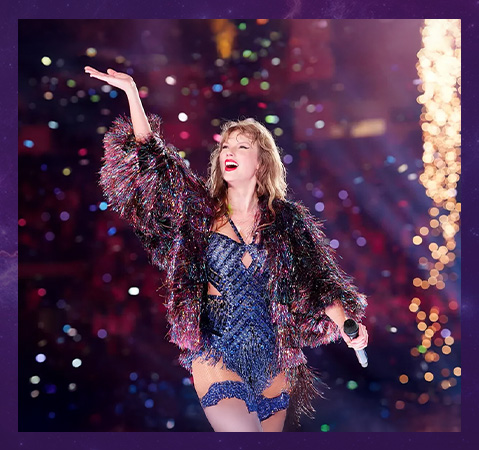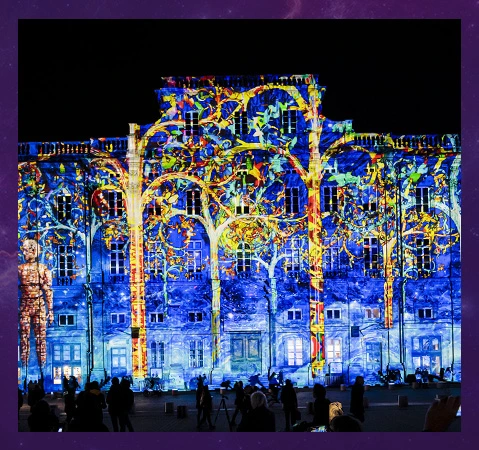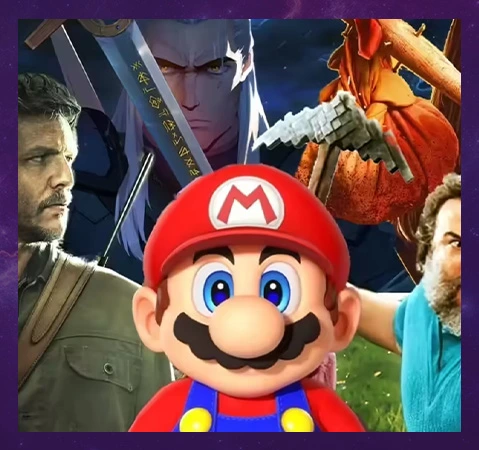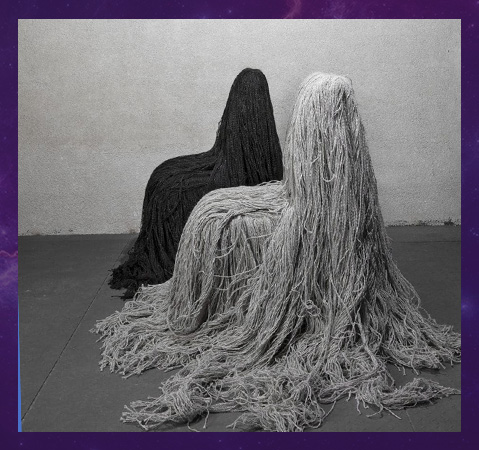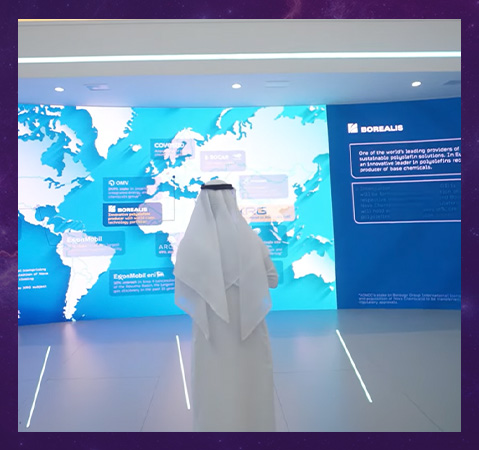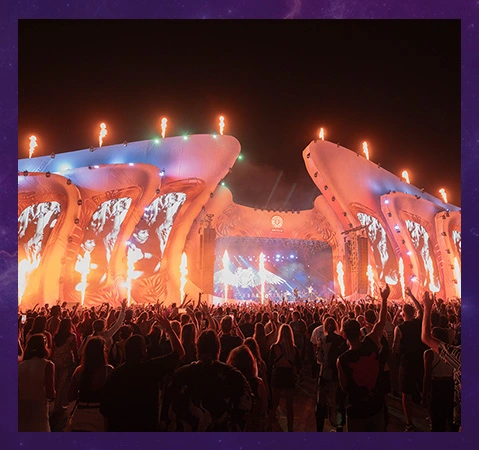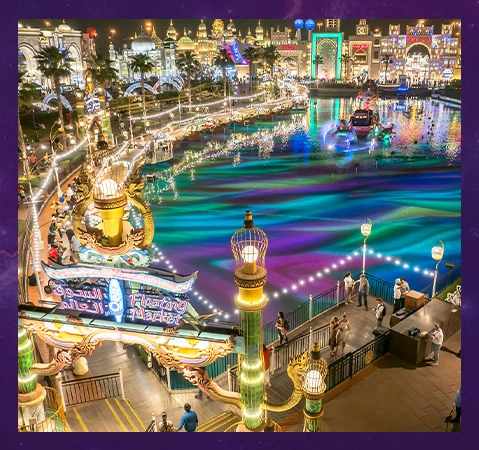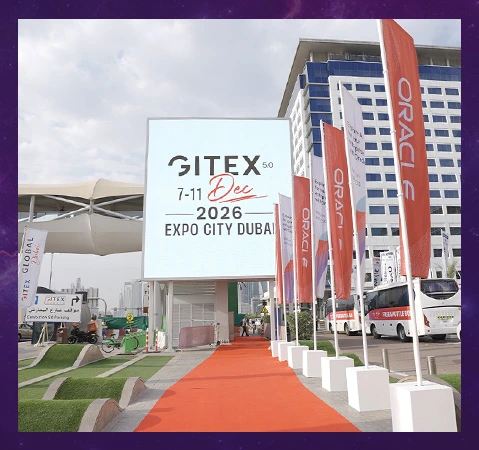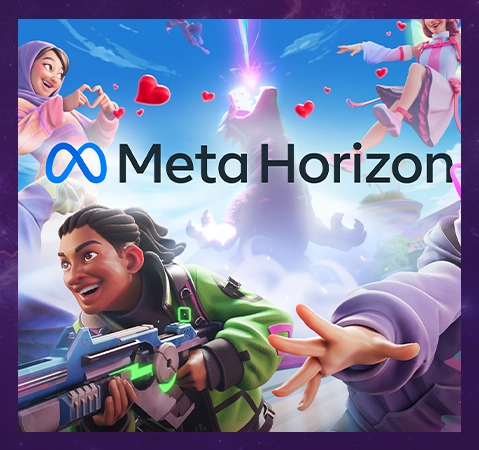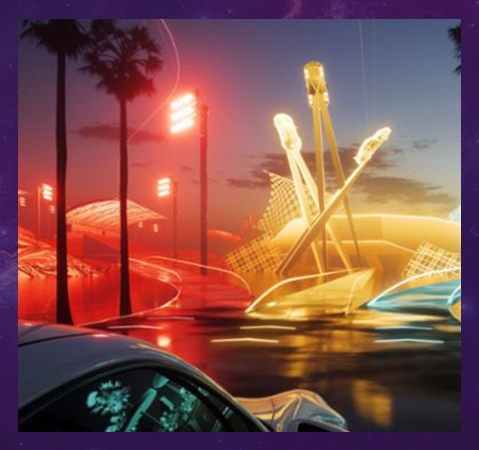
7-Eleven’s Takeover of Live Nation’s Pop-Punk Festival: A New Era of Brand Sponsorship
share
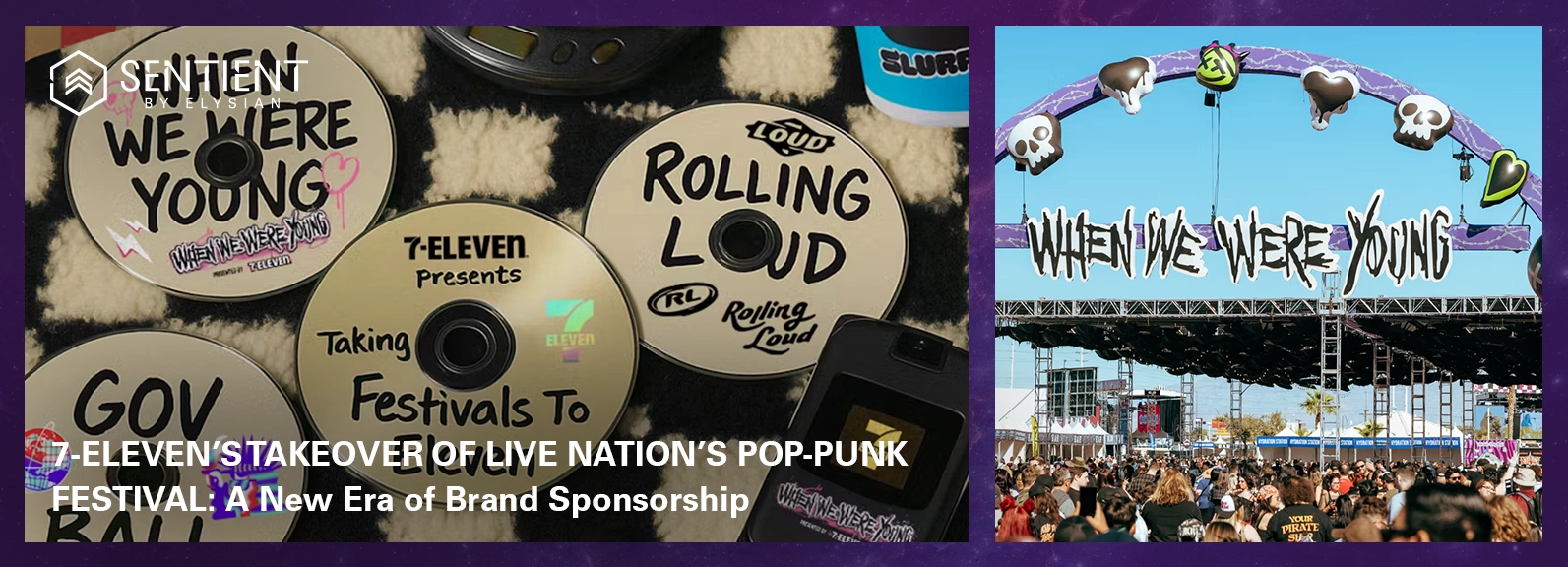
Summary:
7-Eleven’s bold move to sponsor Live Nation’s “When We Were Young” pop-punk festival signals a turning point in brand strategy, prioritizing immersive, real-world experiences over traditional advertising. Through chillout zones, free Slurpees, and themed activations, the brand created shareable, memorable moments that resonated with Gen Z and Millennial attendees. This case study highlights how festivals have become ideal platforms for brands to generate emotional engagement, capture valuable consumer data, and build long-term loyalty. With live marketing on the rise, more brands are expected to integrate into cultural events as a primary form of audience connection.
Table of Contents:
The Financial Impact and Industry Trends Behind the Sponsorship
The Evolution of Experiential Marketing in Festivals
7-Eleven’s Immersive Strategy: More Than Just a Name
Targeting Gen Z and Millennials: Speaking the Right Language
How 7-Eleven Benefits: Data, Loyalty, and Beyond
Live Nation’s Role in the Shift
The Bigger Picture: Experiential Marketing as the New Norm
In April this year, 7-Eleven secured the naming rights for Live Nation’s “When We Were Young” festival in Las Vegas, a bold move blending pop-punk culture with immersive brand experiences. This sponsorship redefined experiential marketing by integrating 7-Eleven’s identity deeply into the festival through branded zones, free Slurpees, and thematic decor. It’s not just about visibility — it’s about creating memorable moments that resonate with younger audiences. This partnership signals how brands are evolving their strategies to connect authentically with consumers in live event settings.
The Financial Impact and Industry Trends Behind the Sponsorship
The rise of experiential marketing reflects broader industry shifts and financial incentives. Global spending on live marketing surpassed pre-pandemic levels in 2024, reaching $128.35 billion. Live Nation alone reported sponsorship revenues of $764 million in the same year. Brands increasingly recognize that traditional advertising is saturated and less effective, especially with younger generations. Festivals offer unique platforms where brands like 7-Eleven can forge direct connections, amplify social media buzz, and collect valuable consumer insights. This partnership is a case study in the growing importance of immersive, branded experiences in today’s marketing landscape.
The Evolution of Experiential Marketing in Festivals
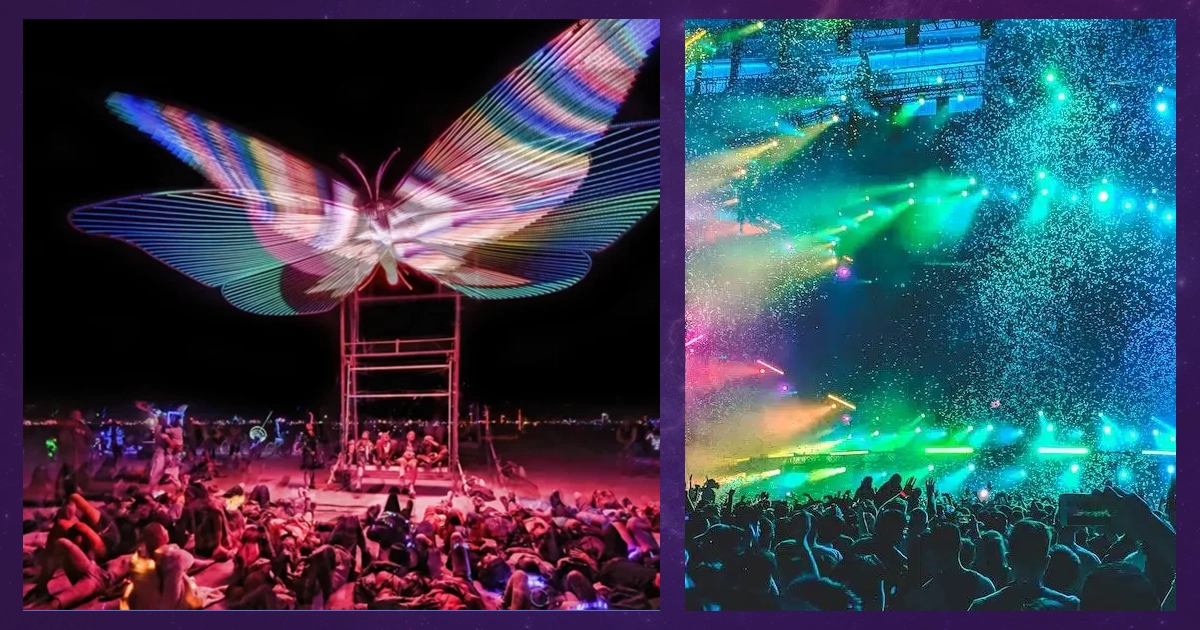
Music festivals have evolved from mere gatherings of music enthusiasts to vibrant cultural events that attract diverse audiences. This transformation has opened new avenues for brands to engage with consumers in meaningful ways. Experiential marketing, which focuses on creating immersive and interactive brand experiences, has become a cornerstone of modern advertising strategies.
At festivals like "When We Were Young," brands have the opportunity to integrate their identities into the event's atmosphere, offering attendees unique experiences that go beyond traditional product placements. For instance, 7-Eleven's sponsorship included setting up branded "hangout" areas, providing free Slurpees, and incorporating themed decor that resonated with the festival's emo and pop-punk aesthetic.
This shift towards experiential marketing reflects a broader trend where brands are moving away from interruptive advertising methods and focusing on building authentic connections with their audiences. By aligning with the cultural values and interests of their target demographics, brands can create memorable experiences that foster loyalty and advocacy.
Moreover, the integration of digital technologies has further enhanced the impact of experiential marketing. At festivals, brands can leverage social media platforms, augmented reality, and interactive installations to amplify their presence and engage attendees in real-time. This synergy between physical and digital experiences ensures that brand activations resonate with a tech-savvy audience.
Inspired by this approach, Sentient By Elysian, a UAE-based experiential marketing agency, concocts ideas for brand storytelling through cutting-edge design, technology, and interactivity in a bid to transform, global stages, exhibits, and events into unforgettable experiences. With a presence at international festivals, expos, and cultural showcases, they bridge emotion and innovation to help brands connect meaningfully with diverse audiences worldwide.
7-Eleven’s Immersive Strategy: More Than Just a Name
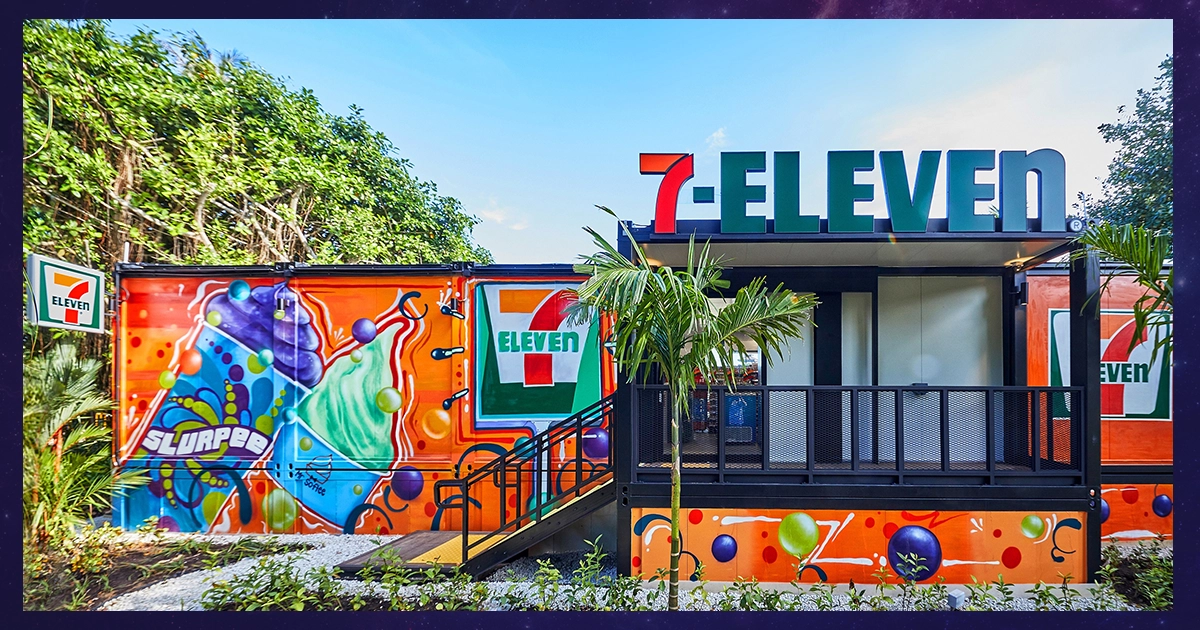
7-Eleven's sponsorship of the "When We Were Young" festival went beyond traditional branding efforts, aiming to immerse attendees in the brand's identity through thoughtfully designed experiences.
#1 Branded Hangout Zones
Understanding the importance of providing festival-goers with spaces to relax and recharge, 7-Eleven created branded "hangout" areas that mirrored the festival's emo and pop-punk aesthetic. These zones featured retro-inspired decor, comfortable seating, and interactive elements that encouraged socialization and relaxation. By offering a space that resonated with the festival's atmosphere, 7-Eleven enhanced the overall attendee experience.
#2 The Slurpee Activation: Cooling Down the Crowd
True to its roots, 7-Eleven introduced customized Slurpee stations, offering unique flavors that paid homage to pop-punk culture. Apart from providıng a refreshing treat, this initiative created a memorable touchpoint for attendees, reinforcing brand recall through sensory engagement.
#3 On-Theme Décor and Digital Extensions
The festival's ambiance was further enriched by 7-Eleven's thematic decorations, which included nostalgic elements that resonated with the audience's love for pop-punk aesthetics. Additionally, digital activations extended the brand's presence online, encouraging attendees to share their experiences and amplifying the brand's reach beyond the physical event.
Through these immersive strategies, 7-Eleven enhanced its brand visibility and curated memorable experiences that resonated with attendees, fostering deeper connections and brand loyalty.
Targeting Gen Z and Millennials: Speaking the Right Language
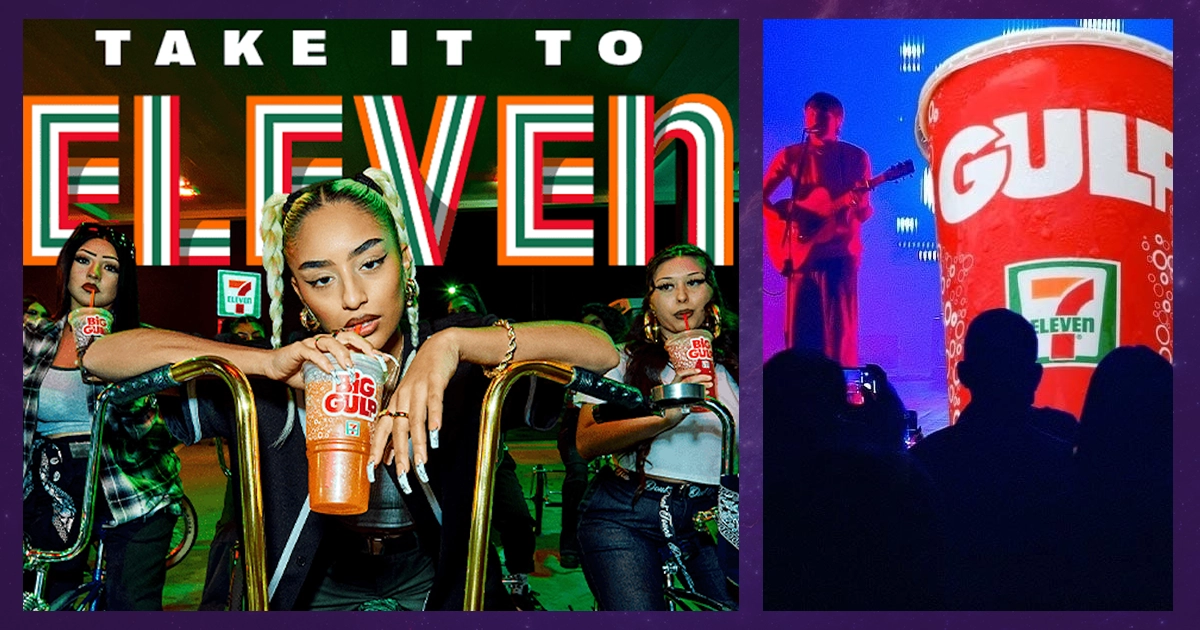
The success of experiential marketing campaigns, like 7-Eleven's sponsorship of the "When We Were Young" festival, hinges on understanding and aligning with the values and preferences of the target audience.
Gen Z and Millennials, the primary demographics for such festivals, prioritize authenticity, creativity, and social consciousness, much like the Eurovision festival this year, which focused on creating immersive moments. They seek brands that resonate with their cultural values and personal identities. By integrating into the festival's ethos, 7-Eleven positioned itself as a brand that understands and celebrates the pop-punk subculture.
Moreover, these demographics are highly active on social media platforms, sharing their experiences and influencing their peers. By creating shareable moments, such as unique Slurpee flavors and themed decor, 7-Eleven encouraged attendees to document and share their experiences, amplifying the brand's reach and impact.
How 7-Eleven Benefits: Data, Loyalty, and Beyond
Beyond the immediate impact of the festival, 7-Eleven's sponsorship provided valuable insights into consumer behavior and preferences, informing future marketing strategies.
Through digital interactions and engagement metrics, the brand gathered data on attendee demographics, interests, and behaviors. This information enabled 7-Eleven to tailor its marketing efforts, ensuring relevance and resonance with its target audience.
Additionally, the positive experiences fostered during the festival contributed to enhanced brand loyalty and advocacy among attendees. By creating memorable and shareable moments, 7-Eleven strengthened its relationship with consumers, encouraging repeat engagement and fostering long-term brand loyalty.
Live Nation’s Role in the Shift
Live Nation's decision to partner with 7-Eleven for naming rights sponsorship reflects a broader trend in the entertainment industry towards deeper brand integration. By embracing such partnerships, Live Nation not only diversified its revenue streams but also enriched the festival experience for attendees.
This collaboration exemplifies the evolving landscape of live entertainment, where brands play an integral role in shaping the event's atmosphere and enhancing the overall attendee experience. By aligning with brands that resonate with the festival's ethos, Live Nation ensures a cohesive and immersive experience for its audience.
Precisely speaking, Live Nation's partnership with 7-Eleven underscores the importance of strategic brand collaborations in creating memorable and engaging live events, setting a precedent for future festivals and events.
The Bigger Picture: Experiential Marketing as the New Norm
7-Eleven's activation at the "When We Were Young" festival is indicative of a larger shift in marketing strategies. Brands are increasingly investing in live experiences that foster genuine connections with consumers, thereby enhancing brand perception and establishing meaningful connections.
As brands look to cut through digital noise, real-world brand moments offer unmatched memorability. Festivals, in particular, are the perfect setting: high emotion, shared energy, and prime social media fuel. Expect to see more unexpected pairings like this — perhaps Taco Bell sponsoring EDM raves or IKEA taking over a wellness retreat.
In Brief:
The “When We Were Young” festival, powered by 7-Eleven’s bold sponsorship, serves as a landmark moment in the evolution of experiential marketing. It demonstrates how modern brands are no longer content with traditional visibility—they’re creating immersive, on-site experiences that become inseparable from the events themselves. In an era where attention is currency, the ability to connect emotionally and memorably with audiences is invaluable.
This trend is fast becoming the norm, not the novelty. From free Slurpees and pop-punk themed zones to digital storytelling, brands are designing multi-sensory engagements that meet Gen Z and Millennial consumers where they live—at the intersection of culture, content, and community.
Agencies like SBE are paving the way for this transformation on a global scale. Known for crafting immersive environments that blend innovation, design, and emotional resonance, the UAE-based experiential agency is helping brands leave lasting impressions at international festivals, expos, and high-profile cultural events. As the demand for deeper audience engagement grows, such pioneers are shaping the future of brand storytelling on the world’s biggest stages.
In a world flooded with digital messages, it’s these real-world moments—curated with precision and purpose—that rise above the noise. And in this new era, the brands that dare to show up differently will be the ones that stay remembered.
Website | LinkedIn | Instagram | YouTube | Facebook



